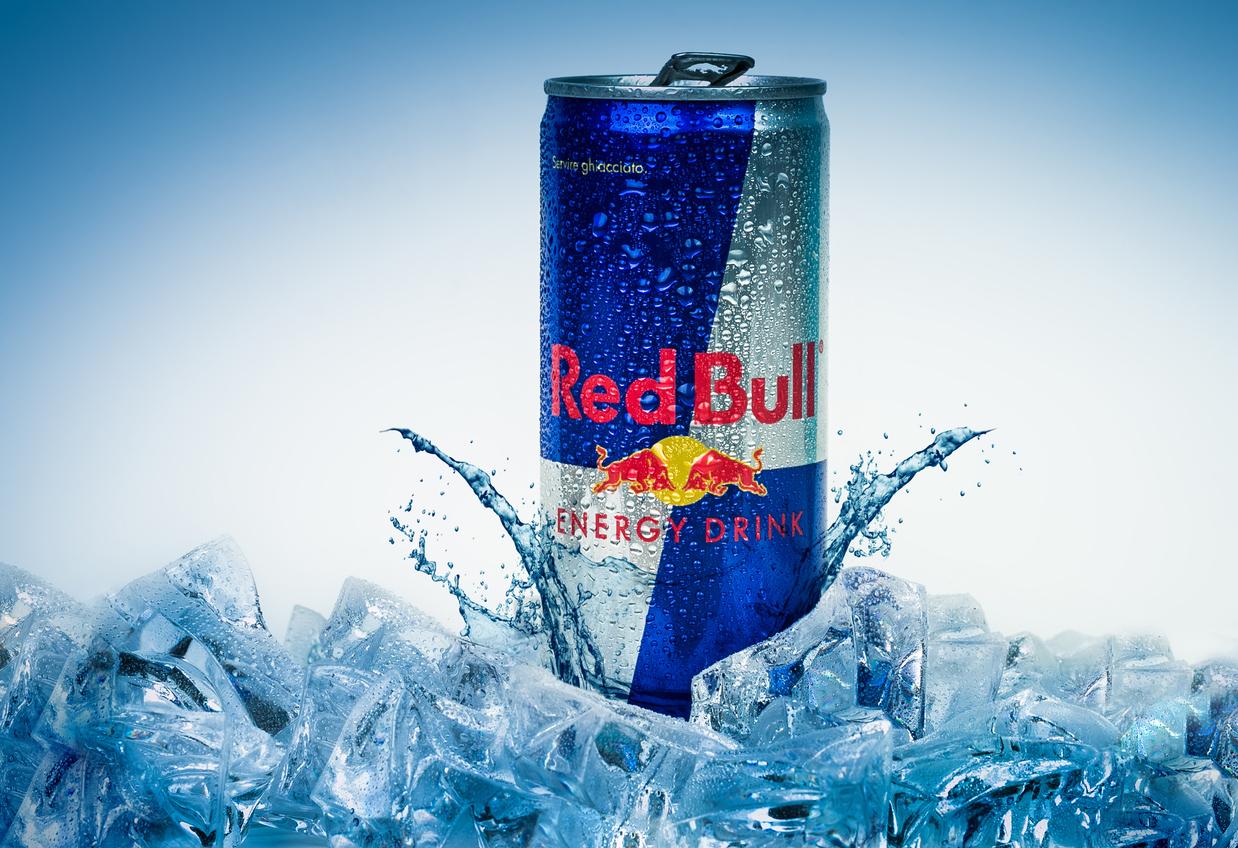Drinking two cans of Red Bull ‘increases risk of cardiac arrest by a fifth’ for people with an underlying heart condition
The popular drink could put people with long QT syndrome in serious danger

Drinking just two energy drinks can cause cardiac arrest in patients who have an undiagnosed heart condition, experts have warned.
The Australian study looked into how caffeinated drinks impact on the risk of cardiac arrest in people with long QT syndrome (LQTS) – a hereditary condition that affects one in 2,00 people.
While the condition is known to cause problems with the heart’s electrical activity, because there are very few physical symptoms LQTS can often go undetected.
Thus, scientists decided to look into the effects of energy drinks for the very first time.
“The potential cardiovascular risk of energy drinks continues to emerge as an important public health issue,” said lead author Professor Semsarian.
“The population most at risk is teenagers and young adults, representing the population these drinks are most heavily marketed towards.
“Since energy drinks are widely available to all ages and over the counter, it is important that cardiovascular effects of these drinks are investigated.”
The study recruited 24 patients aged between 16 and 50 who had been diagnosed with LQTS and split them into two groups.
The first were given two cans of sugar-free Red Bull which contains 160mg of caffeine and 2,000mg of taurine.
The second were given 500ml of cordial with no caffeine or taurine.
After monitoring the blood pressure and electrical activity in the heart of each participant every 10 minutes for an hour-and-a-half, three patients began to show dangerous LQTS symptoms.
The electrical activity in their hears was disrupted meaning it could not pump blood properly and two out of three also experienced sharp increases in blood pressure.
“When something, in this case energy drinks, is ingested by millions of individuals all over the world, a percentage such as 12.5 per cent is no longer small, and the findings deserve careful consideration,” Co-author Federia Dagradi, from the Centre for Cardiac Arrhythmias of Genetic Origin in Italy, said.
“We should avoid spreading unjustified alarms and fears, but at the same time, we should not ignore potential dangers.”
Join our commenting forum
Join thought-provoking conversations, follow other Independent readers and see their replies
0Comments